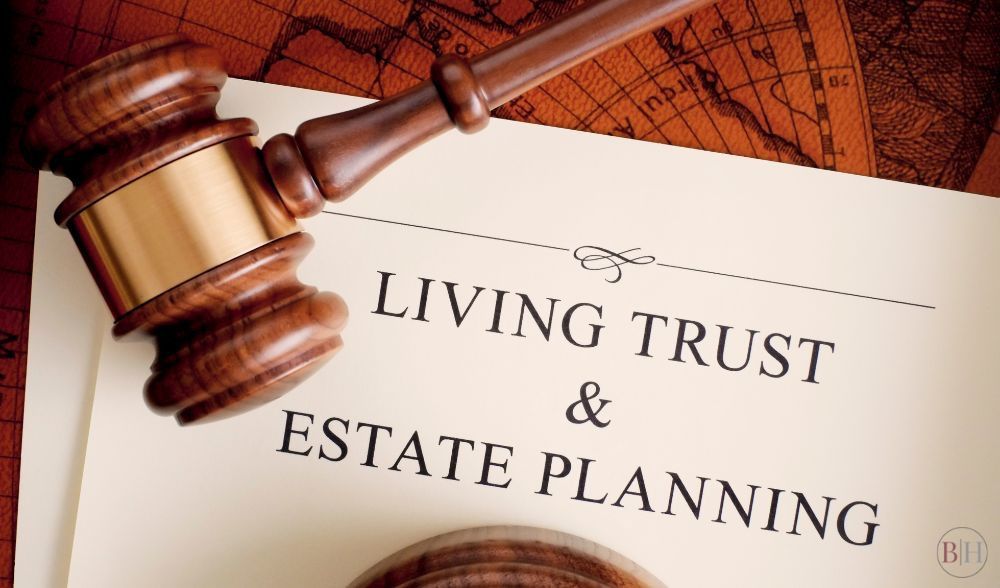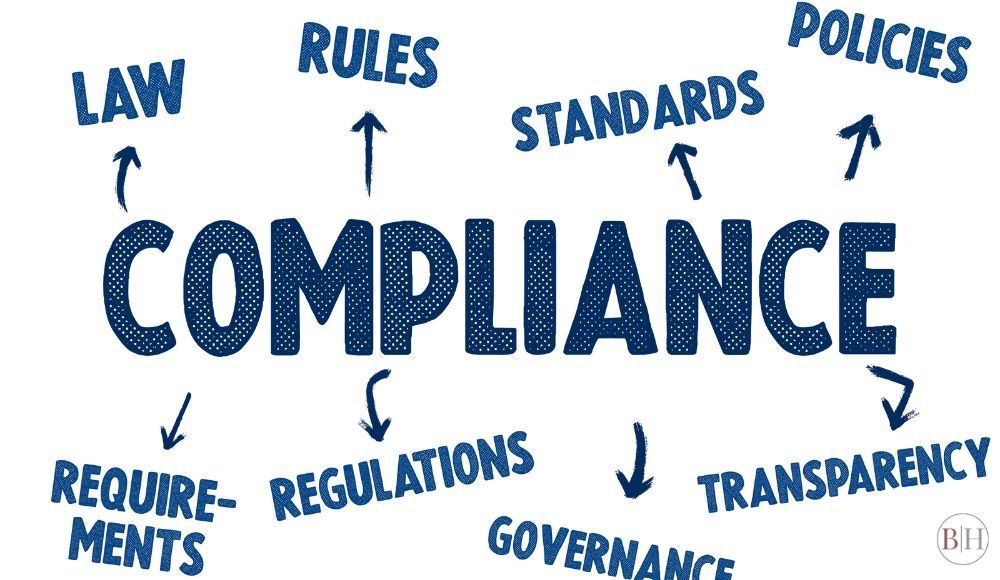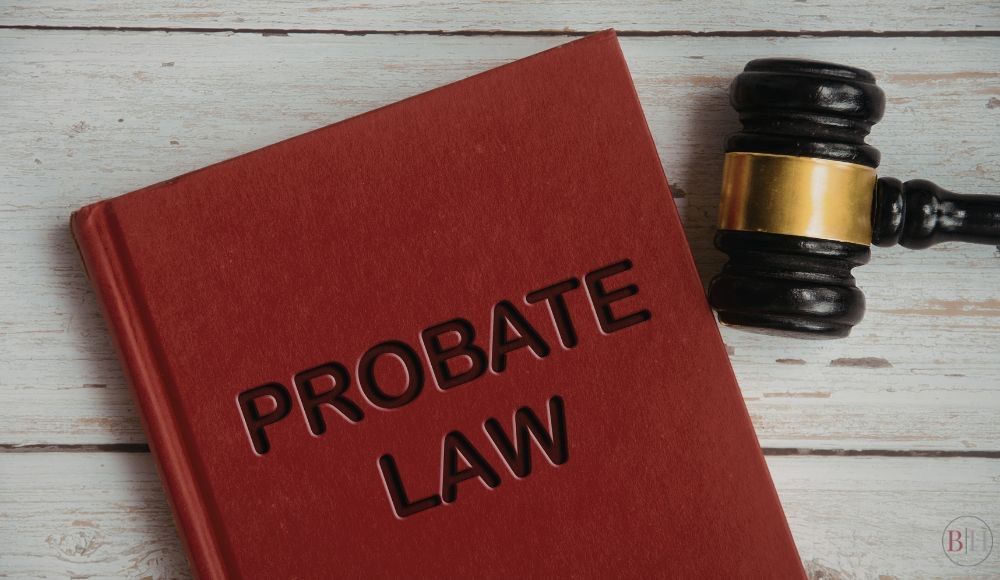The Importance of Estate Planning

Estate planning is one of the most critical steps to take to ensure the protection of your assets and the care of your loved ones after you are gone. While it may not always be an easy topic to think about, planning your estate can give you peace of mind and help reduce stress for your family during an already difficult time. Whether you have a large estate or modest assets, creating a solid plan ensures that your wishes are honored and your legacy is preserved.
Why Plan Your Estate
Many people assume estate planning is only for the wealthy, but that could not be further from the truth. Everyone has an estate, whether it includes a house, savings, investments, a business, or personal belongings. Without a clear plan, a probate court will appoint an administrator to settle your estate, which might not reflect your preferences.
Estate planning allows you to decide how you will distribute your property, who will care for minor children, and who will manage your affairs if you cannot. Legal documentation minimizes potential family conflicts and ensures your wishes are carried out.
Benefits of Early Planning
Starting your estate planning early brings several advantages. First, it gives you more time to consider your options carefully and make thoughtful decisions. You can update your plan as your life circumstances change—whether it is marriage, divorce, the birth of a child, or changes in your financial situation.
Planning also gives you the chance to utilize tax planning techniques that can safeguard a portion of your assets for your loved ones. It allows you to convey your wishes to your family members, which can reduce the likelihood of conflicts or confusion.
Ensuring your documents are ready ahead of time is essential as it helps you prepare for any accidents or illnesses that may occur. Suppose you become incapacitated without a power of attorney or healthcare directive. In that case, your loved ones may face delays or legal hurdles when trying to manage your affairs or make medical decisions on your behalf.
Components of a Comprehensive Plan
A well-rounded estate plan includes more than just a will. Key components include:
- Will: Specifies the distribution of your assets and names the guardians for any minor children.
- Power of Attorney: It appoints someone to manage your financial and legal matters if you are unable to do so.
- Healthcare Directive (or Living Will): Outlines your preferences for medical treatment and appoints someone to make healthcare decisions on your behalf.
- Trusts: These can help manage assets during your lifetime and distribute them according to your wishes after death, often avoiding probate.
- Beneficiary Designations: Ensures that registered accounts like RRSPs, TFSAs, or life insurance policies go to the intended recipients.
- Funeral and Burial Instructions: While not legally binding in some states, they provide guidance to your loved ones during a difficult time.
Estate planning is an essential act of care for yourself and for those you love. By starting early and creating a comprehensive plan, you can secure your legacy, avoid unnecessary complications, and ensure your final wishes are respected.
We Can Help You with Tax Planning Strategies for Your Estate
Eliminate undue stress and expenses for your family when you pass away or become incapacitated. Proper estate planning will make things easier for your family and ensure that your wishes are followed.
Don’t wait! Talk to an experienced estate planning attorney at Bingaman Hess today at 610.374.8377 or contact us online.
This article is for informational purposes only and does not constitute legal advice. No one may rely on this information without consulting an attorney. Anyone who attempts to use this information without attorney consultation does so at their own risk. Bingaman Hess is not and shall never be responsible for anyone who uses this information. It is not legal advice.









